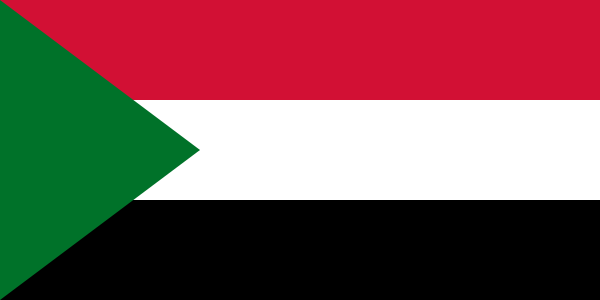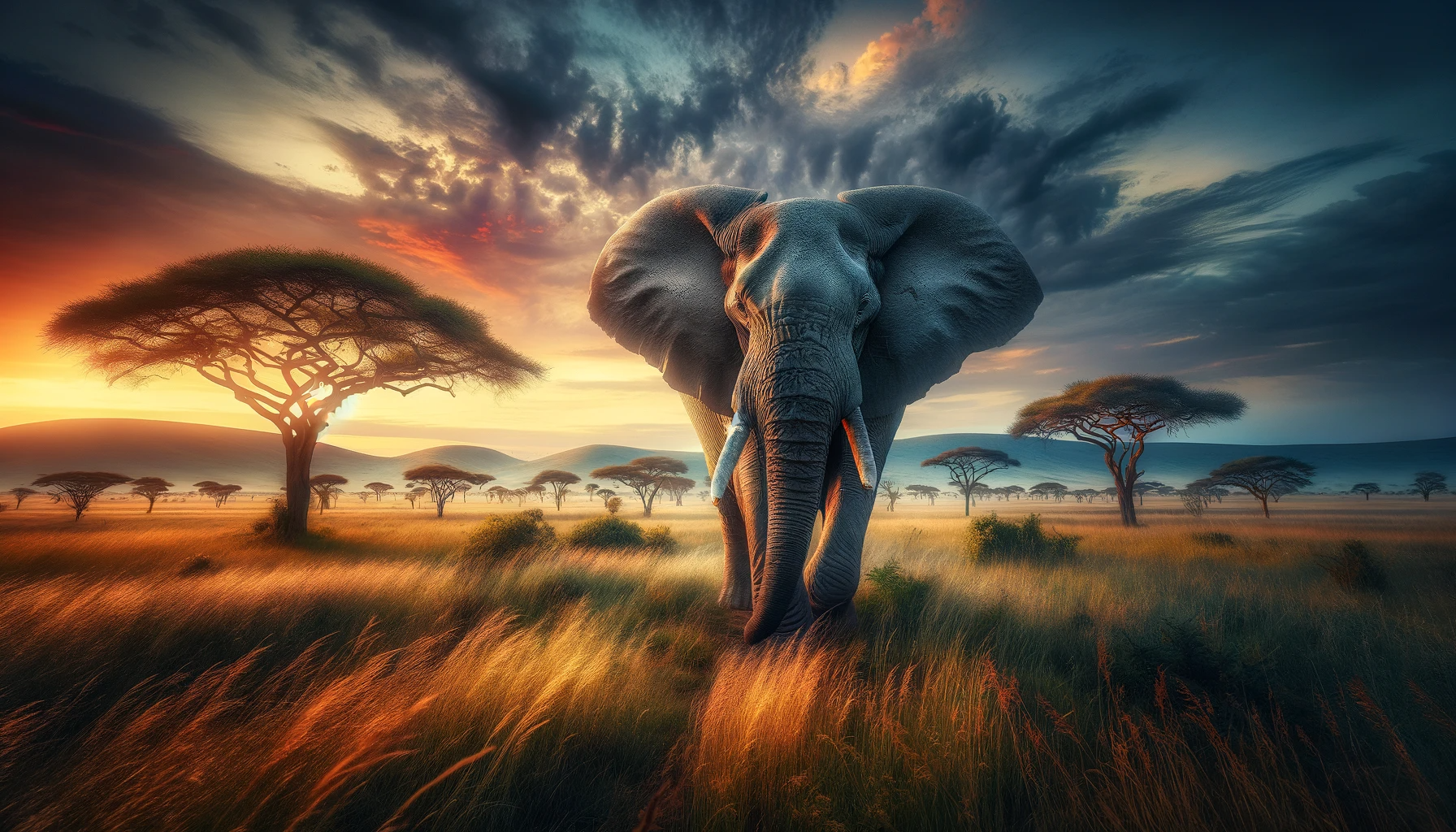Sudan, situated in Northeast Africa, is a country of expansive deserts, the Nile River, and ancient civilizations. Known for the pyramids and archaeological sites of the ancient Kingdom of Kush in Meroë, Sudan’s rich history is a significant part of its identity. The confluence of the Blue and White Nile in the capital, Khartoum, and the diverse cultures and languages of its people add to its unique character. Despite facing political and economic challenges, Sudan’s historical legacy and natural beauty make it a land of untapped cultural and historical wealth.
List of National and Public Holidays in Sudan for the year 2025
- Independence Day is on Wednesday, 1st January 2025.
- Ramadan Bairam Holiday is from Sunday, 30th March 2025 to Wednesday, 2nd April 2025.
- Corban Bairam Holiday is from Thursday, 5th June 2025 to Monday, 9th June 2025.
- Islamic New Year is on Thursday, 26th June 2025.
- Prophet Muhammad’s Birthday is on Thursday, 4th September 2025.
List of National and Public Holidays in Sudan for the year 2024
- Independence Day: Monday, 1 January 2024
- Ramadan Bairam Holiday: Wednesday, 10 April 2024, to Saturday, 13 April 2024
- Corban Bairam Holiday: Saturday, 15 June 2024, to Wednesday, 19 June 2024
- Islamic New Year: Sunday, 7 July 2024
- Prophet Muhammad’s Birthday: Sunday, 15 September 2024

Interessing facts about Sudan
Sudan, once Africa’s largest country, is notable for its diverse landscapes ranging from deserts to fertile lands along the Nile, rich archaeological sites, and a complex cultural and political history. Here’s a comprehensive summary:
History
- Ancient Civilizations: Home to ancient Nubian kingdoms, notably the Kingdom of Kush.
- Islamic and Ottoman Influence: Islam spread in the 8th century; later part of the Ottoman Empire.
- Anglo-Egyptian Sudan: Jointly ruled by Britain and Egypt in the 19th and 20th centuries.
- Independence in 1956: Gained independence from Anglo-Egyptian rule.
- Civil Wars and Division: Faced prolonged civil wars, leading to the secession of South Sudan in 2011.
Geography
- Location: Northeast Africa, bordered by Egypt, the Red Sea, Ethiopia, South Sudan, the Central African Republic, Chad, and Libya.
- Land Area: Approximately 1.86 million square kilometers post South Sudan secession.
- Terrain: Features the Nile River, Sahara Desert, and mountain ranges.
- Climate: Ranges from arid desert in the north to tropical in the south.
Economy
- Agriculture: The backbone of the economy – cotton, peanuts, sorghum, and wheat.
- Natural Resources: Rich in natural resources, including oil and minerals.
- Challenges: Economic struggles due to conflicts, sanctions, and loss of oil revenue post South Sudan’s independence.
Culture
- Languages: Arabic (official), English, and numerous indigenous languages.
- Religion: Predominantly Muslim, with Christian minorities.
- Cultural Diversity: Over 500 ethnic groups, each with unique traditions.
- Music and Art: Known for its rich musical heritage and diverse art forms.
Society and Politics
- Recent Changes: Transitioning to civilian rule after the ousting of long-term president Omar al-Bashir in 2019.
- Human Rights Issues: Faced challenges including conflicts, displacement, and human rights abuses.
- Social Developments: Efforts to improve education and healthcare infrastructure.
Tourism and Heritage
- Archaeological Sites: Home to more pyramids than Egypt, with ancient sites like Meroë.
- Natural Attractions: Red Sea coastline, national parks, and the Nile River.
- Cultural Festivals: Hosts events showcasing Sudan’s diverse cultures and traditions.
Challenges and Opportunities
- Political Transition: Working towards peace and democratic governance.
- Economic Potential: Opportunities in agriculture, mining, and energy sectors.
Conclusion
Sudan’s rich historical legacy, diverse cultures, and natural resources, coupled with ongoing political and economic transitions, render it a nation of significant potential and resilience.

